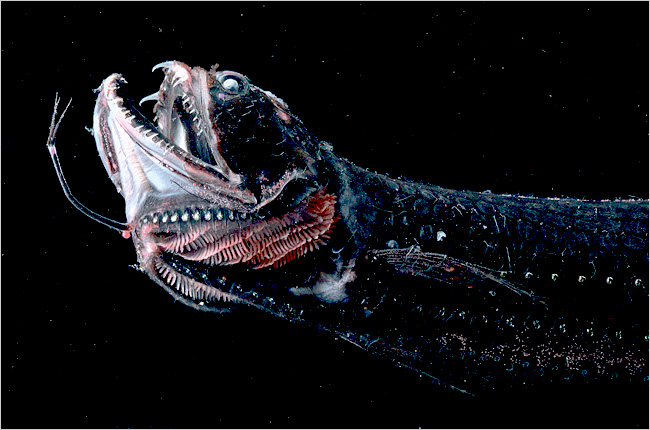
Nauru: Independent since 1968. In need of tree planters since 1978.
You can circle the island of Nauru in about 30 leisurely minutes by car. Yet the world’s smallest independent republic faces some big world problems. The slow-motion threat of rising sea levels, rampant obesity, poverty, a controversial refugee detainment centre… A far cry from the roaring 70s, when vast phosphate deposits (a.k.a. bird poop) made Nauruans some of the wealthiest islanders in the world.
But humans tend to bounce back, and here we cheer for Nauru! Discover some far-out sounds that span both the ups and downs :
If all the kids are like this little unnamed artist, we can only assume that there’s a bright future ahead for Nauru. Environmentalism, killer hooks, and amazing special effects all rolled into one… also no doubt the lyrics are uplifting and amazing:




